Feature photo: Detail from Albrecht Dürer's Knight, Death and the Devil (1513)
As a convinced European, it is very difficult for me to write this article, but it is also becoming increasingly difficult to keep my eyes closed and simply ignore the latest developments and their effects.
There were enough signs beforehand: banking crisis, increased migration, global warming – just to mention the most famous ones. But we ignored all of them and were very happy to see that our representatives did everything to keep us lethargic. Because hardly any of us actually wanted to do without the next Malle visit or even the upcoming binge at the Oktoberfest.
And if the hint with the fence post is not enough, it has to be a warning sign. It started with that BREXIT, the voluntary withdrawal of the United Kingdom from the European Union. Not only should the responsible politicians finally wake up here, but we Union citizens should also have accepted our very own responsibility as sovereigns.
The second warning sign is now COVID-19, which is a very painful reminder to all of us that, whether we like it or not, we all live on one planet and nobody can really isolate themselves permanently.
And should these two warning signs not be enough to either first destroy the European Union and then immediately afterwards our entire civilization, or what is really to be hoped, finally leads to us putting our primary processes on the back burner for at least once and actually starting to be human then comes the third and final warning: the annexation of the Baltic States by the Russian Federation.
This third warning sign will make it clear to all of us that Potemkin villages are not livelihoods. And with this last realization, our Western world will sink into ruins and with it the European idea itself.
The European idea crystallized out of the bad experiences people have had over the past millennia and not only offers viable solutions for human interaction as a whole, but also promised everyone security and prosperity right from the start.
And that was also the reason why so many were enthusiastic about this European idea and why whole countries joined the European Union happily and with waving flags.
In doing so, most forgot that, firstly, “security and prosperity for “ and secondly, that each do something for it, if not even have to do it.
The "big deal" was the creation of a European federal state capable of safeguarding everyone's interests and generating security and prosperity for everyone. The deal was not to create a “half-lived confederation” where cherry-picking by groups, let alone individuals, is elevated to “reason of state”.
The “big deal” was also that this European federal state should serve as a role model for the rest of the world and help make the entire world a better place to live in, ultimately guaranteeing everyone security and prosperity. The deal was not for “one Europe” to once again rise above the rest of the world, benefit from it and try to defend the prosperity it generated against more than 90% of the world's population.
The "big deal" can work, which is why the rest of the world has so far looked at Europe after 1945, supported it and hoped that the success that is emerging in Europe will soon have a positive effect on itself.
But what the world is now seeing in Europe in the 21st century is the familiar: small states, egotism, nationalism, envy, resentment, chauvinism and even racism – all of which are demonstrably not successful models!
My dear fellow citizens and citizens of the Union, no one has ever promised us that democracy and federalism are easy, let alone that living in one world is easy.
However, we were assured that if we follow this arduous and lengthy path, we will no longer have to suffer war and will therefore have more prosperity than our grandparents did before.
That's doable!
To do this, however, we must also sow a European federal state and not just want to constantly reap.
"You'll be a human ... You'll be a success."
Harold Pinter, The Birthday Party (1959)
"If you didn't care what happened to me,
Pink floyd Pigs on the Wing (Part One)
And I didn't care for you,
we would zag our way through the boredom and pain,
Occasionally shining up through the rain,
Wondering which of the buggers to blame
And watching for pigs on the wing.
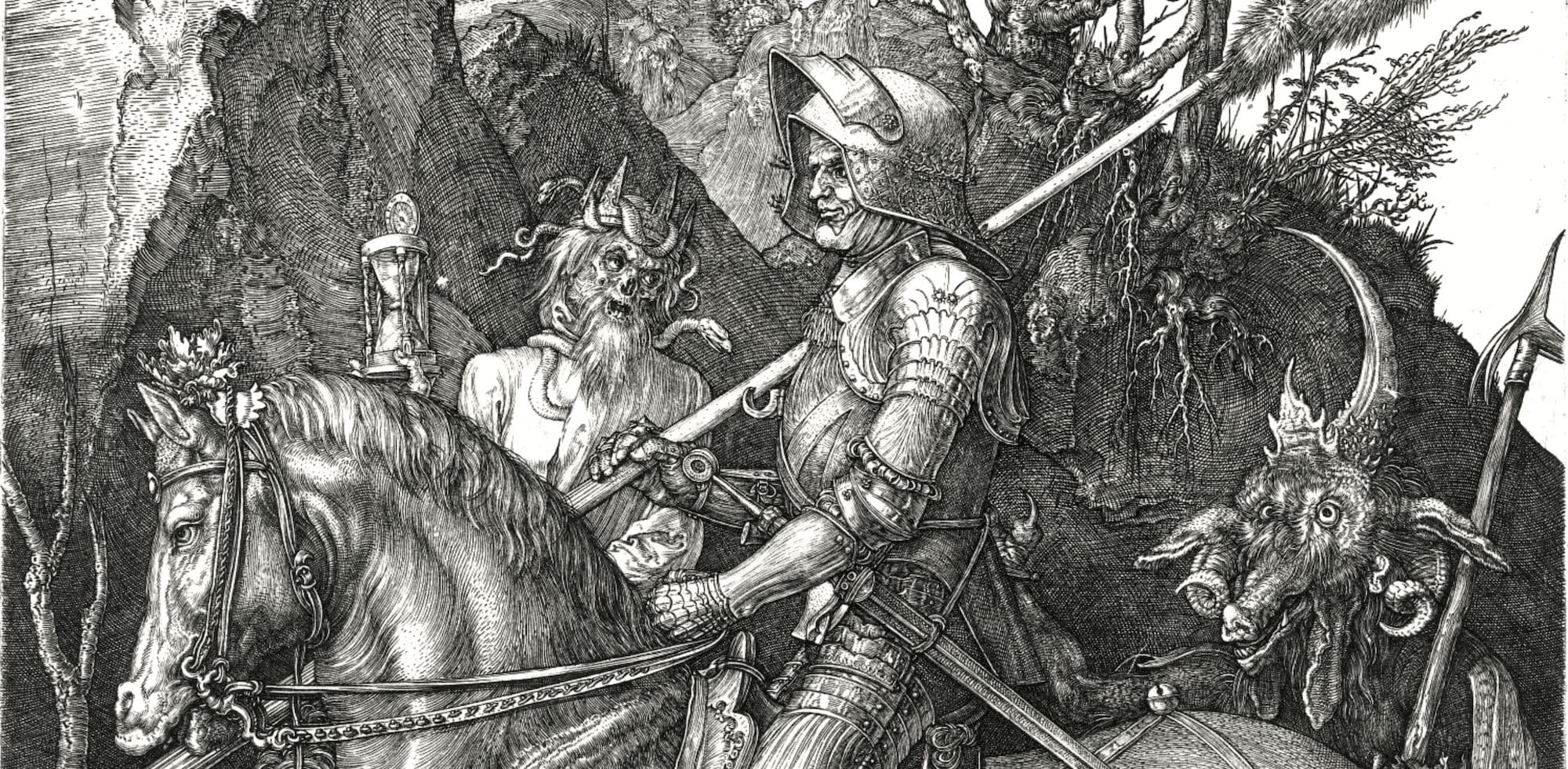
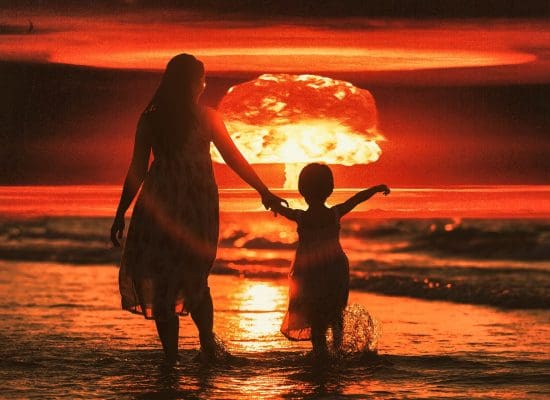
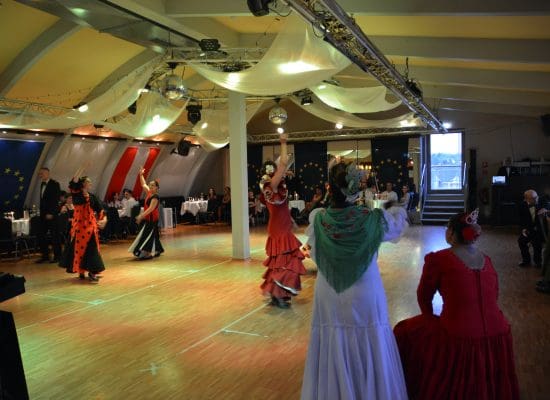
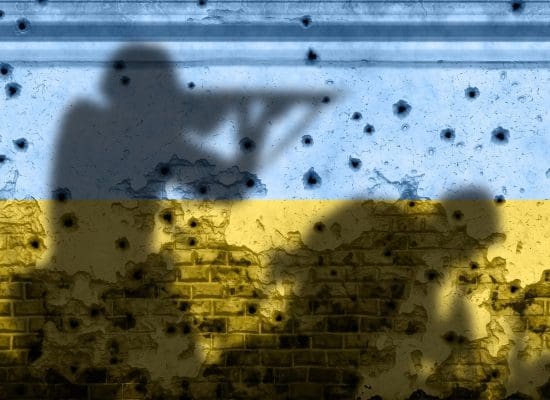
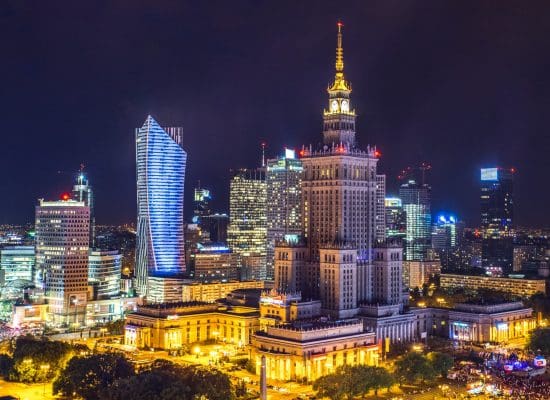
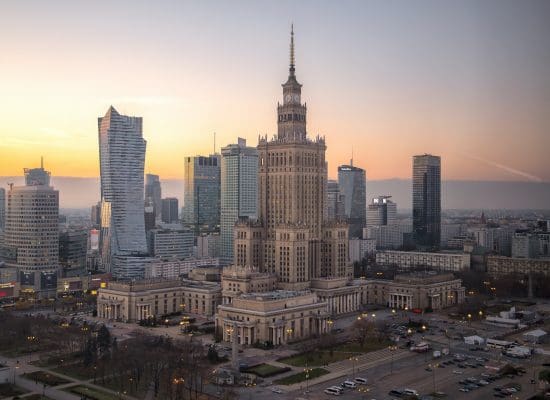
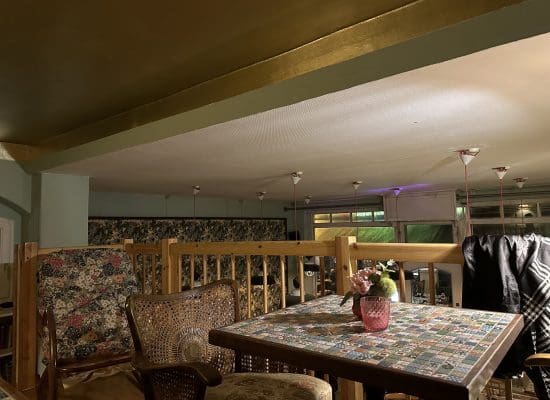

The preamble to the Treaty on European Union (TEU) states that the signatories to the treaty are determined “to take the process of European integration initiated with the founding of the European Community to a new level.” With this declamation, the EU members are obliged to do two things: to continue the European integration process and to shape the future (and not reverse development) of the European Union. It is interesting that in order to keep the British in the Union, the EU offered to exempt them from this declamatory target before the referendum. For the United Kingdom, the goal of further development of the EU would no longer have been mandatory. I thought this a dangerous attempt to hold the British. Ironically, the country that didn't think much of the European Union beyond economics should be expressly exempted from being jointly responsible for the further development of the Union? Brexit - adverse as it will be across Europe - has saved the EU from finding out what happens when you have an officially-approved brakeman in the community.
But will the UK's departure liberate the remaining 27? Will the European integration process now be able to pick up speed again? For example, will those who remain see the Corona crisis as an opportunity to actively shape the future of the EU, or will they be satisfied with the status quo and pursue their national goals: Pay in as little as possible; get as much out of it as possible; and if citizens are unhappy with a decision, blame Brussels?
In his contribution to the discussion of April 24.4.2020, 19, Heinrich Kümmerle named three menetekels - three ominous warnings for the future of the EU: Brexit, Covid XNUMX and the annexation of the Baltic States by the Russian Federation. From his contribution one senses the dissatisfaction and also the impatience of the convinced European with the state of the Union. Kümmerle evokes the old goal of the Europa-Union: the creation of a European federal state. I share his dissatisfaction with the state of affairs in recent years – one could speak of a state of European complacency.
There are many warning voices towards Brussels and above all towards the Council of Heads of State and Government, which has to make the fundamental decisions for the EU:
"It must be prevented that the Member States and regions particularly affected by the crisis fall behind and that the citizens turn away from the Union in disappointment."
(Rudolf Stahl; Professor at Peking University HSBC Business School and
visiting professor at the Europa-College in Bruges; Essay "The Moment of Truth"
in IPG – International Politics and Society – April 22.4.2020, XNUMX)
One could add to this call: it must be prevented that young people in the Member States particularly affected by the crisis no longer consider the idea of European integration to be important.
It would not make sense to abandon the whole EU – however incomplete and however open to criticism it may be – and start all over again from scratch. We don't have "nothing" in Europe, we have to get what is "there" moving again. In previous Europe discussions I have sometimes asked: What is most urgent? Where should the integration process be resumed? Jo Leinen (MEP) has proposed a new convention to get a platform for a new Europe discussion. He was countered that contract changes z.Zt. couldn't be reached anyway - the suggestion is somewhere in the files.
The EU could be made more transparent with very small steps. What would happen if discussions in the Council became partially public? Citizens would then be able to see better who stands for what in Europe.
The Council has decided on a major aid program for member states in distress - to support unemployment benefits, loans to member states and loans to small and medium-sized enterprises - the EU shows that it is also a community based on solidarity. The reconstruction fund still has to be designed by the Commission and then decided by the Council. The settlement is to run via the European Stability Mechanism (ESM). It should be remembered that although most EU member states belong to the ESM created during the financial crisis, as a separate legal entity it is institutionally independent of the European Union, ie neither the Commission nor the EU Parliament is formally involved in ESM decisions is. Here lies one of the points that can be described as the European democratic deficit.
Wouldn't it be possible to create a "genuine" European institution if the reconstruction fund - the European Marshall Plan - were to be further expanded? This could be one of the tasks for a European finance minister.
In July of this year, Germany takes over the EU Council Presidency. The Chancellor set the goal: "... that at the end of the German Presidency we will have more Europe and a Europe that is better suited to the 21st century than is the case today." Many convinced Europeans, including Heinrich Kümmerle and myself , hope very much...